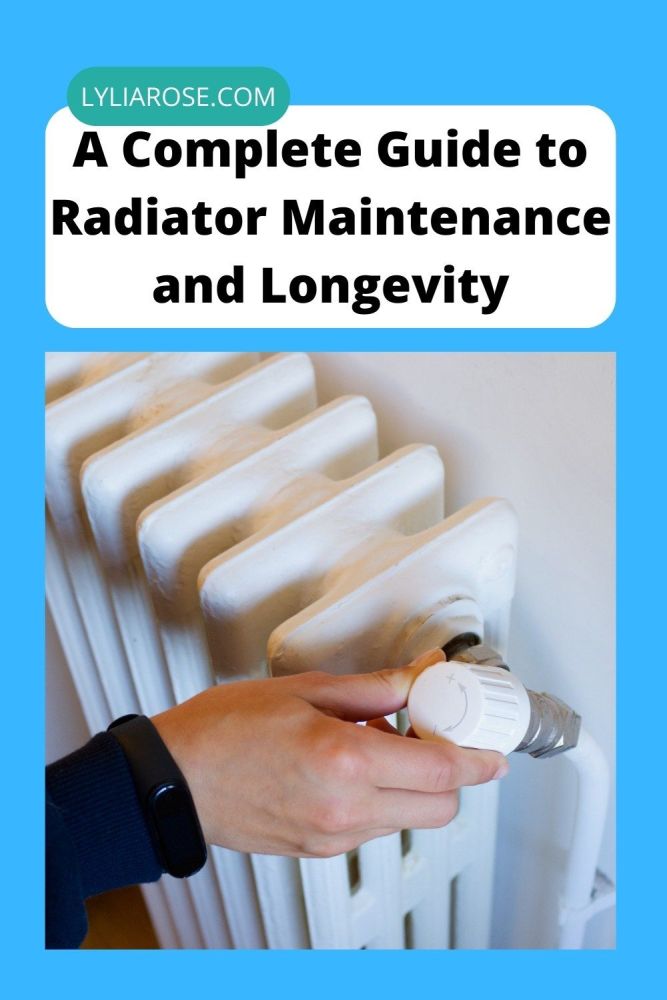A Complete Guide to Radiator Maintenance and Longevity
Posted on
When it comes to keeping our homes warm and cosy, radiators play a vital role. However, many homeowners overlook the importance of regular radiator maintenance. By properly maintaining your radiators, you can ensure efficient heating, extend their lifespan and even save money on energy bills. In this blog post, we will guide you through everything you need to know about radiator maintenance, from simple cleaning techniques to troubleshooting common issues.

Regular cleaning
One of the easiest and most effective ways to maintain your radiators is through regular cleaning. Over time, dust, dirt, and debris can accumulate on the surface and inside the fins of the radiator, hindering its performance. Use a soft brush or vacuum cleaner attachment to remove any visible dirt or dust. For a deeper clean, consider using a mild detergent or radiator cleaning solution. Be sure to follow the manufacturer's instructions and avoid abrasive cleaners that could damage the radiator's finish.
Bleeding the radiators
Air trapped inside the radiator can lead to cold spots and reduced heat output. To solve this issue, bleeding the radiators is necessary. Begin by turning off the heating system and allowing the radiators to cool down. Locate the bleed valve, usually found at the top or side of the radiator and use a radiator key or a flat screwdriver to open it slightly. As the air escapes, you'll hear a hissing sound. Once the water starts to flow consistently, close the valve. Bleeding the radiators should be done annually or whenever you notice cold spots.
Checking for leaks
Periodically inspecting your radiators for leaks is essential to prevent water damage and maintain optimal performance. Look for any signs of water pooling or dampness around the radiator connections, valves, or pipes. If you detect a leak, it's crucial to address it promptly. In most cases, tightening the fittings or replacing faulty valves can solve the issue. However, if the leak persists or is severe, it's advisable to seek professional help to prevent further damage and ensure the safety of your heating system.
Balancing the system
Balancing the heating system ensures an even distribution of heat throughout your home. If some radiators are significantly hotter or cooler than others, it indicates an imbalance. To balance the system, close all the radiator valves and open them gradually, beginning with the one furthest from the boiler. Adjust each radiator valve until you achieve a consistent temperature in every room. Balancing the system may require some trial and error, but it can significantly improve the overall performance and comfort of your heating system.
Final word
Regular radiator maintenance is essential for keeping your heating system in top condition. By following these tips, you can ensure efficient heat distribution, extend the lifespan of your radiators, and avoid costly repairs. Remember to clean your radiators regularly, bleed them to remove trapped air, check for leaks, and balance the heating system for optimal performance. If you encounter any complex issues or are unsure about performing maintenance tasks yourself, it's always best to consult a professional heating engineer. With proper care and attention, your radiators will continue providing warmth and comfort for years.
